Essay on The Power of the Press:
The invention of printing by movable type is an epoch-making event in the history of human civilization. The modern age owes three-fourths of its progress to printing. It has brought many blessings in its wake, and one of them is the newspaper. A newspaper at first was nothing more than a paper that gave the news. In its infancy, it had no other aim. But as it developed, it began to be used for various other purposes. In the modern age, it has become a tremendous force for good and evil in the world. Though it continues, as before, to give news, but now it also comments on them, criticizes the people and the government, deals with social, political, industrial, and religious questions, reviews books, ventilates grievances, and does many other things. In fact, there is hardly any public activity of man which does not come within the scope of the modern newspaper. The press, in a word, has now become an organ of public opinions.
Unfortunately, the press does not always perform its duty properly. It is prevented from carrying out its legitimate work either by the incompetence of those who manage it or by the unnecessary interference of the government of the country. It is sometimes seen that passion and not reason guide its conduct. A wrong cause is championed, truth is suppressed and lies circulated, and morbid tastes are pandered by it. Libels and scandals disfigure its pages and truth is perverted for sensational news. All these are instances of the misuse of the great power of the press. But fortunately, these evils will not continue for long, for newspapers are a check upon one another. The people will soon cease to subscribe to a paper that is not reliable. In this way, the press is the best safeguard against its own misuse. When a newspaper runs or is allowed to run in a normal way, a newspaper is a great public educator. More than what can be done in schools and colleges is done by it. It supplies necessary information about the burning topics of the day, discusses the principal social and political problems of a country, and brings to light epoch-making discoveries and inventions. It benefits every class of people. Through it the trader knows the condition of the market, the scholars learn about the latest books published, the politicians become aware of the state of the country, and the government gets information about the opinion of the governed. A cheaper and more potent instrument for educating the masses has yet to be devised.
The press is not only a public educator and fearless critic of the government, it also acts as a great social reformer. It is in the columns of the newspapers that social abuses are ruthlessly exposed and criticized and the attention of the officials is drawn to them. The frank criticism of these evils leads ultimately to their disappearance. Thus it s a great friend of the social reformer. The moral health of a society depends, to a great extent, upon it. Many of the evils which disfigured the Hindu society in the past are slowly dying out only because they have been ruthlessly exposed in the columns of the newspapers.
The press is also an effective check on the vagaries of men in power. Even those who are called to moral sensibility are afraid of exposure or ridicule, and it acts as a check on their conduct. The government would be less responsible, the judges less honest, and the police less efficient, if there is no newspapers to criticize their conduct. So, it is a great deterrent against the misuse of power and the miscarriage of justice. It brings all the questions of the day before the bar of public opinion to be approved or condemned by it.
The press is also a very great force in the field of politics. It teaches citizens their rights and duties and makes them fit for citizenship. It educates public opinion and teaches people how to vote, what taxes to pay and for what purposes; it explains the significance of the municipal laws and by-laws, comments on the proceedings of legislative councils and other public bodies, and helps men to develop their civic sense.
The press is the voice of the people, and therefore, freedom of the press means the freedom of the people. In a country where there is no free press, the people may be independent politically but they are not free in the true sense of the word. The people of France immediately before the French Revolution were not free in spite of their so-called political freedom, because their press was gagged. The press in self-defense has ever been the champion of political freedom. Whenever a newspaper fights for the freedom of the press, it indirectly fights for the freedom of the people. The test of a country’s freedom is determined by the quantum of freedom its press enjoys.
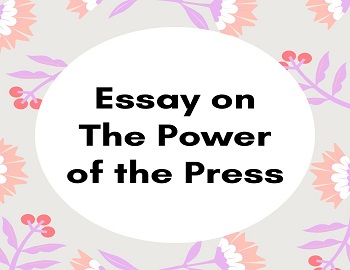
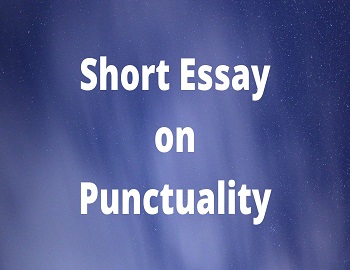
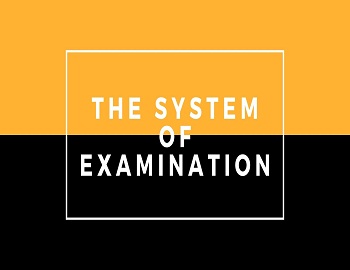
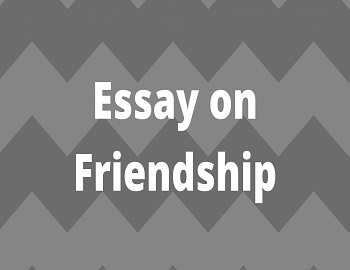
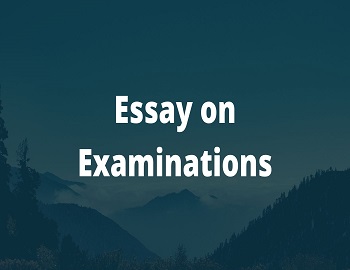

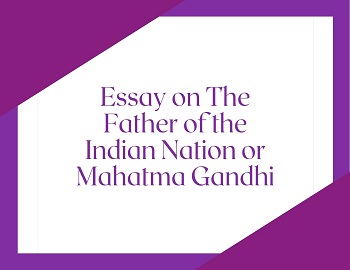
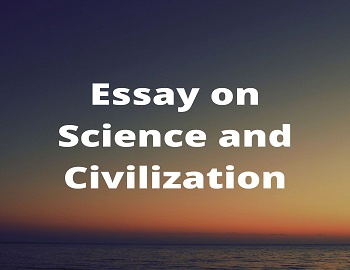
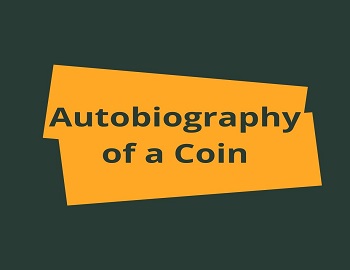
Comments (No)